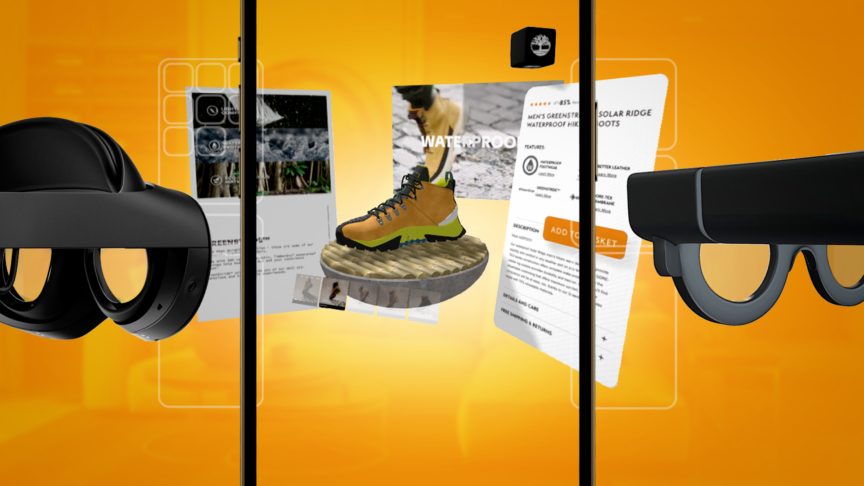400 Years Later, Everyday Objects Inspired by Shakespeare Come to Life
April 20, 2016
400 Years Later, Everyday Objects Inspired by Shakespeare Come to Life

This year marks the 400th anniversary of the death of William Shakespeare, the master wordsmith credited with thousands of words and phrases still in use to this day. So what better way to celebrate Shakespeare's inspirations than to bring their hidden origins to life?
That's what we here at Blippar thought when teaming up King's College London and their Shakespeare400 project, part of the British Council's Shakespeare Lives program. It's a collection of cultural, creative and educational organizations brought together to mark this historic quadricentennial.
As of April 21st, you can discover the Shakespearean origins of 100 everyday objects – dogs, laptops, bookshelves, toothbrushes, umbrellas and even pizza – by simply blipping them with the Blippar app. Blipping a bus will reveal the origins of the Oyster Card system name, which comes from the character Pistol in "The Merry Wives of Windsor" who says "the world’s mine oyster."

"The students who’ve helped with the development of content for the app have really valued being involved with Blippar and their team," says Professor Gordon McMullan, Director, London Shakespeare Centre, King’s College London. "It’s been inspiring to see a university and a leading-edge tech company working together to bring Shakespeare to life, in a way which is accessible, engaging and, importantly, fun."
"Our Shakespeare Lives campaign wants to reach as many people as possible with the timeless quality of Shakespeare's work," says Rosemary Hilhorst, British Council’s Director Shakespeare Lives. "His plays and poetry are about people, their relationships and emotions and remain as relevant as today as ever. Blippar is at the cutting edge of digital technology, yet Shakespeare's found his place as easily in the world of augmented reality as he has everywhere else over the last 400 years."

"Due to the way Shakespeare can sometimes be taught in schools, many people feel challenged early on and can find his work difficult to engage with," says Omaid Hiwaizi, Blippar’s President of Global Marketing. "Our ambition is to reverse this by highlighting Shakespeare in the world around us, making him the accessible character he always was."
Did Shakespeare really conceptualise the Oyster Card long before its time? Do lemons hold the secret to eternal youth? Did Elizabethans really use sugar to brush their teeth? Find out by blipping everyday items with the Blippar app.

